Are you tired of dealing with dry, damaged hair?
Look no further than hair oiling!
This practice involves applying oil to your hair and scalp to increase moisture, luster, and shine. But with so many different types of oils out there, how do you know which one is best for your hair type?
Luckily, I’ve done the research for you and compiled a list of the best oils for hair oiling. Whether you have fine, thick, curly, wavy or straight hair, there’s an oil out there that can help revive and nourish your locks. So sit back, relax, and get ready to discover the magic of hair oiling with the best oils for your hair type.
From coconut oil to argan oil, we’ve got you covered. Say goodbye to dry, dull hair and hello to healthy, shiny locks with these top-notch hair oils. So grab your favorite oil and get ready to give your hair the love and attention it deserves.
The Magic of Hair Oiling
You may be wondering what all the fuss is about hair oiling. Well, let me tell you! Hair oiling is a practice that has been around for centuries and is still relevant today.
The benefits of hair oiling are numerous. First and foremost, it helps to moisturize your hair. Dry hair is prone to breakage, and hair oiling can help prevent this. It also makes your hair more manageable, reducing frizz and making it easier to style.
Now, you may be wondering which oils are best for hair oiling. Well, it depends on your hair type and what you’re looking to achieve. Here are some of the best oils for hair oiling:
- Coconut oil: This is a great all-purpose oil that can help moisturize and strengthen your hair. It’s also good for reducing protein loss in your hair, which can lead to damage.
- Argan oil: This oil is rich in antioxidants and can help protect your hair from environmental damage. It’s also good for reducing frizz and adding shine.
- Jojoba oil: This oil is similar in structure to your scalp’s natural oils, so it can help regulate oil production. It’s also good for moisturizing your hair and reducing dandruff.
- Olive oil: This oil is rich in vitamins and minerals that can help nourish your hair. It’s also good for reducing split ends and adding shine.
There are many other oils out there that you can use for hair oiling, so feel free to experiment and find what works best for you. Just remember to use a small amount of oil and massage it into your scalp and hair for best results.

Types of Hairs and Their Oil Needs
When it comes to hair oiling, not all hair types are created equal. Depending on your hair type, you may need a different type of oil to get the best results. Here are some of the most common hair types and their oil needs:
Curly and Frizzy Hair
If you have curly and/or frizzy hair, you know how hard it can be to keep your hair looking smooth and defined. That’s where the right oil can make all the difference. Look for oils that are rich in moisture, like coconut oil or castor oil. These oils can help to smooth down the hair cuticle and reduce frizz, leaving you with defined, bouncy curls.
Dry and Damaged Hair
If your hair is dry and damaged, you need an oil that can help to nourish and repair your hair. Look for oils that are rich in vitamins and antioxidants, like argan oil or jojoba oil. These oils can help to strengthen your hair and reduce breakage, leaving you with healthier, shinier hair.
Oily and Fine Hair
If you have oily or fine hair, you might be hesitant to use oil on your hair at all. But the right oil can actually help to balance out your hair’s natural oils and give you a healthy, shiny look. Look for lightweight oils like grapeseed oil or almond oil, which won’t weigh down your hair or make it look greasy.
No matter what your hair type, there’s an oil out there that can help to keep your hair looking healthy and beautiful. Just be sure to choose an oil that’s suited to your hair’s specific needs, and you’ll be on your way to gorgeous, luscious locks in no time!

What Are The Best Oils For Hair?
When it comes to hair oiling, there are a plethora of oils to choose from. Each oil has its own unique set of properties that make it beneficial for hair. Here are some of the best oils for hair and what makes them so nourishing:
Best For Damaged Hair
- Argan Oil
- Castor Oil
- Coconut Oil
Best For Hair Growth
- Jojoba Oil
- Rosemary Oil
- Tea Tree Oil
Best For Dry Hair
- Olive Oil
- Avocado Oil
- Sweet Almond Oil
Best For Oily Hair
- Almond Oil
- Grapeseed Oil
In conclusion, there are many oils to choose from when it comes to hair oiling. Each oil has its own unique set of properties that make it beneficial for hair. Whether you have dry, damaged, or oily hair, there is an oil out there that can help to nourish and strengthen your hair.
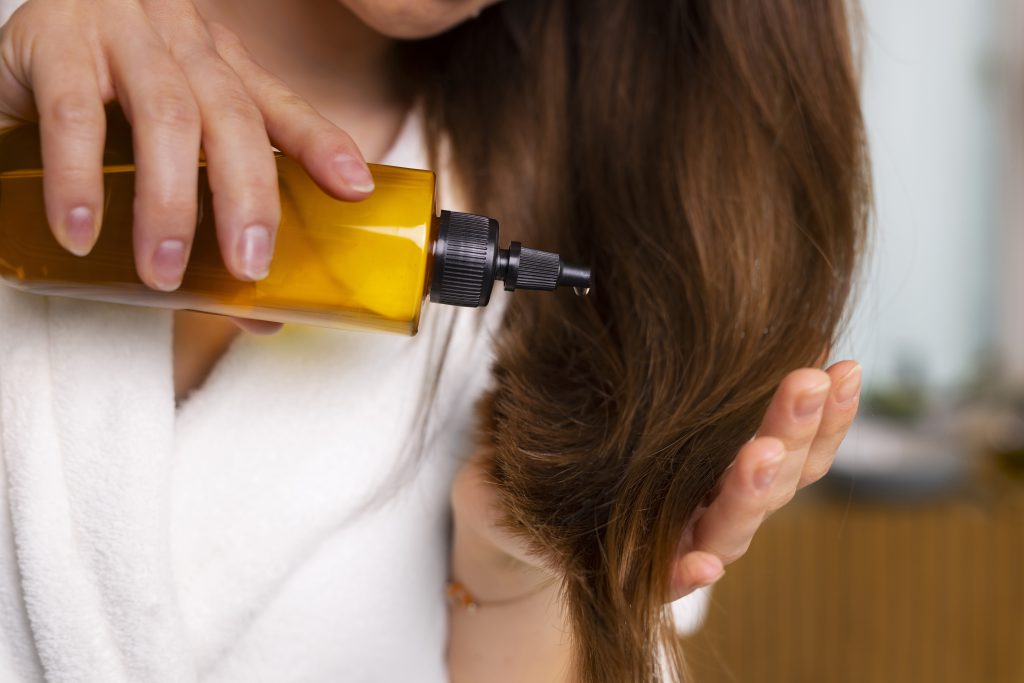
Hair Oiling Routine Do’s and Don’ts
So, you’ve decided to start oiling your hair, but you’re not sure where to start? Don’t worry! I’ve got you covered with some hair oiling routine do’s and don’ts.
Do’s
- Choose the right oil for your hair type: Different hair types require different oils.
- Massage the oil into your scalp: Massaging the oil into your scalp can increase blood circulation, which may help improve hair growth. It can also help to prevent dandruff.
- Leave the oil in for at least an hour: For best results, leave the oil in your hair for at least an hour. You can even leave it in overnight for an extra nourishing treatment, but make sure it doesn’t stay in your hair for more than 8 hours.
- Wash your hair after oiling: While it’s important to leave the oil in for a while, you don’t want to leave it in too long. Wash your hair with a gentle shampoo to remove the oil and any buildup.
Don’ts
- Don’t use too much oil: Using too much oil can make your hair look greasy and weighed down. Start with a small amount and add more as needed.
- Don’t apply oil to highly dirty hair: Oil can trap dirt and pollutants in your hair, so it’s important to apply it to clean hair.
- Don’t use hot water: Hot water can strip your hair of its natural oils, so it’s best to use lukewarm or cool water when washing your hair.
- Don’t comb your hair when it’s wet: Wet hair is more fragile and prone to breakage, so avoid combing it when it’s wet. Instead, wait until it’s dry or use a wide-toothed comb to gently detangle it.
- Don’t use too much heat: Heat styling tools can damage your hair, so it’s best to avoid them if possible. If you must use them, use a heat protectant spray and keep the heat setting low.
- Don’t use hair products with harsh chemicals: Harsh chemicals can strip your hair of its natural oils and cause damage. Look for hair products that are free from sulfates, parabens, alcohol and silicones.
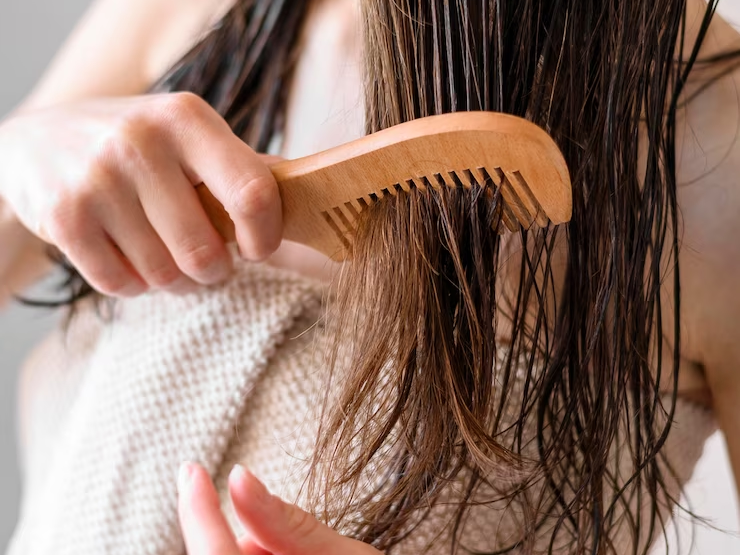
Hair Oiling Extra Tips
Congratulations! You’ve mastered the basics of hair oiling. But wait, there’s more! In this section, we’ll dive deeper into the benefits of hair oiling and explore some of the best oils for different hair types and concerns.
Color Protection with Oiling
If you’ve recently dyed your hair or have color-treated locks, you’ll want to protect your investment. Argan oil is a great choice for color-treated hair. It’s packed with antioxidants and vitamins that can help prevent color fading and keep your hair looking vibrant and healthy.
Curls and Oiling
Curly hair can be prone to dryness and frizz, but jojoba oil can help. Its chemical structure is similar to that of sebum, the natural oil produced by your scalp. This means it can help regulate oil production and keep your curls hydrated and defined.
Keratin Boost with Oiling
Keratin is a protein that makes up the structure of your hair. If your hair is damaged or lacking in keratin, try using coconut oil. It’s rich in lauric acid, which can penetrate the hair shaft and help strengthen and repair damaged hair.
Mix It Together
When it comes to overall hair health, you can’t go wrong with a blend of different oils. Mix together some avocado oil, grapeseed oil, and rosemary oil for a nutrient-packed hair treatment. Avocado oil is rich in vitamins A, D, and E, while grapeseed oil is high in antioxidants. Rosemary oil can help stimulate hair growth and improve scalp health.
Shea Butter
Shea butter is a great option for those with dry, damaged hair. It’s rich in fatty acids and vitamins that can help nourish and moisturize your locks. Mix it with some olive oil and apply it to your hair for a deep conditioning treatment.

Frequently Asked Questions
Is Oiling really good for your hair?
Yes, oiling is great for your hair. It helps to nourish and moisturize your hair and scalp, which can lead to healthier, shinier hair. Oiling also helps to protect your hair from damage caused by heat styling, pollution, and other environmental factors.
How long should you keep oil in your hair?
This depends on your hair type and the type of oil you are using. Generally, you should leave the oil in your hair for at least an hour, but you can leave it in overnight for maximum 8 hours. If you have fine hair, you may want to avoid leaving the oil in your hair for too long, as it can weigh your hair down and make it look greasy.
What are the benefits of jojoba oil for hair?
Jojoba oil is great for hair because it is very similar to the natural oils produced by your scalp. This means that it is easily absorbed by your hair and scalp, and it won’t leave a greasy residue. Jojoba oil is also rich in vitamins and minerals that are essential for healthy hair, such as vitamin E, B vitamins, and zinc.
Which oils are the healthiest for your hair?
There are many oils that are great for your hair, but some of the healthiest include coconut oil, argan oil, and olive oil. These oils are rich in vitamins and minerals that help to nourish and strengthen your hair, and they also help to protect your hair from damage caused by environmental factors.
What are some of the best oil combinations for hair?
There are many great oil combinations, including coconut oil and castor oil, olive oil and avocado oil, or argan oil and jojoba oil. These combinations provide a range of benefits for your hair, including nourishment, moisture, and protection against damage.
Conclusion
You now know everything you need to know about the best oils for hair oiling. You’ve learned about the benefits of hair oiling and how to choose the right oil for your hair type. You’ve also discovered the best oils for different hair types and concerns.
Remember, hair oiling is a great way to nourish and moisturize your hair. It can help prevent damage, split ends, and breakage. Plus, it can make your hair shiny, silky, and smooth.
When choosing an oil, consider your hair type and concerns. For dry, damaged hair, try coconut oil or argan oil. For fine hair, go for lightweight oils like jojoba oil or grapeseed oil. And for frizzy hair, try oils with smoothing properties like marula oil or camellia oil.
Don’t be afraid to experiment with different oils and oiling techniques. You might find that a certain oil or method works best for you. Just remember to start with a small amount of oil and work your way up to avoid greasy or weighed-down hair.
So go ahead, give hair oiling a try and see the difference it can make for your hair. Your locks will thank you!


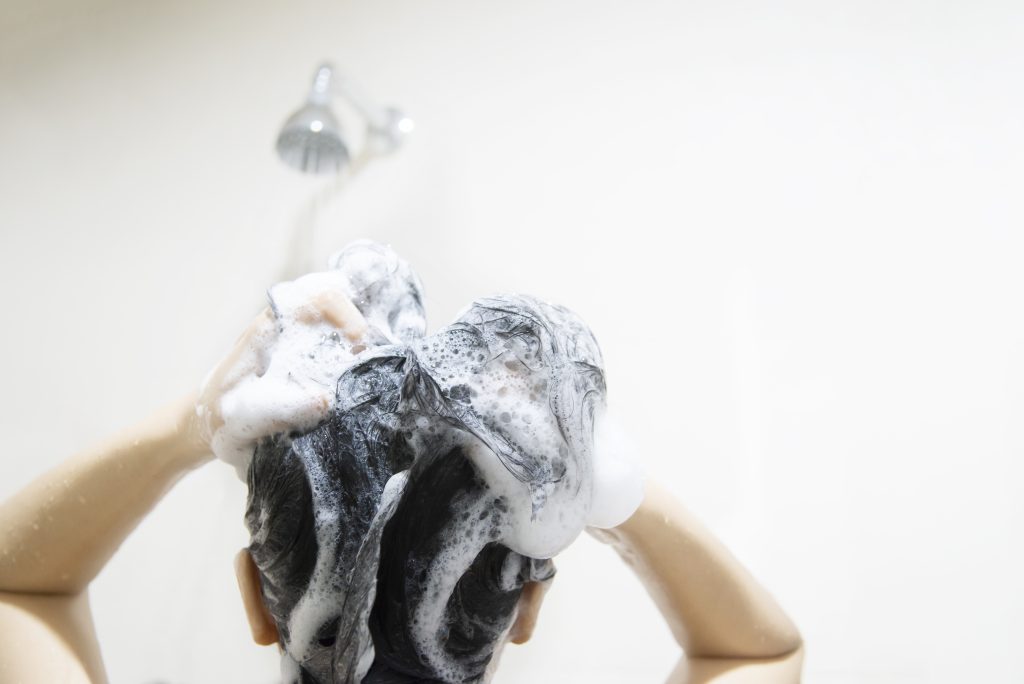
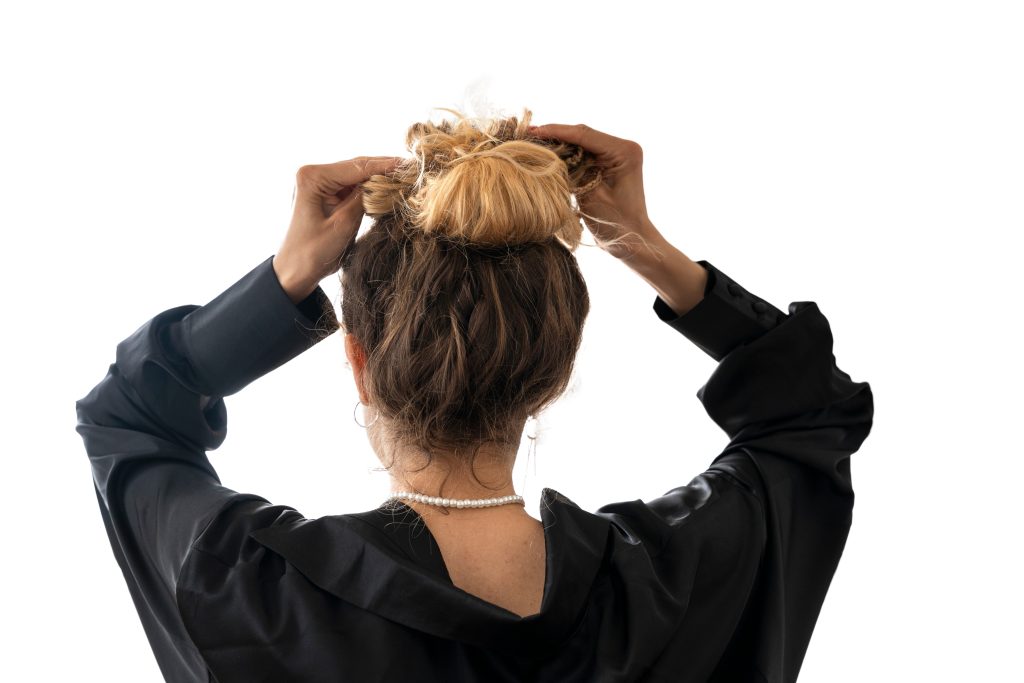
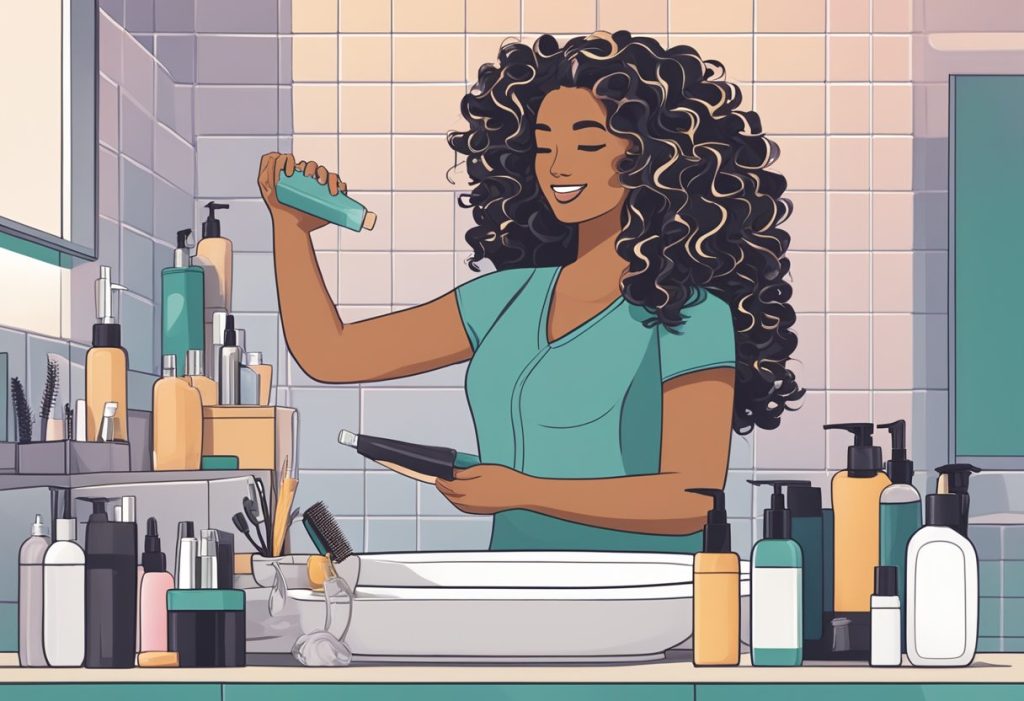
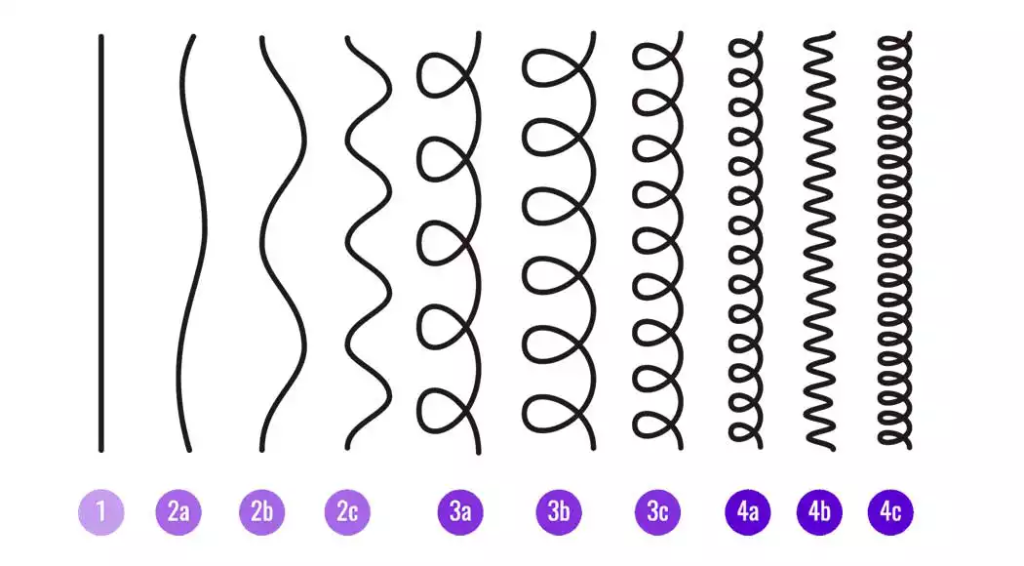
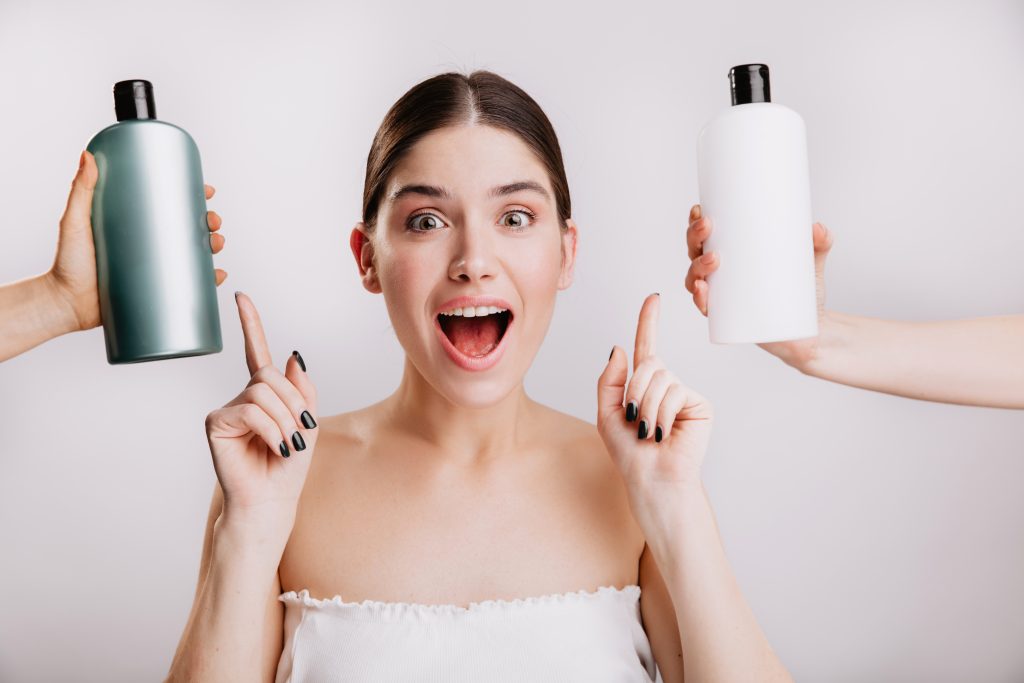
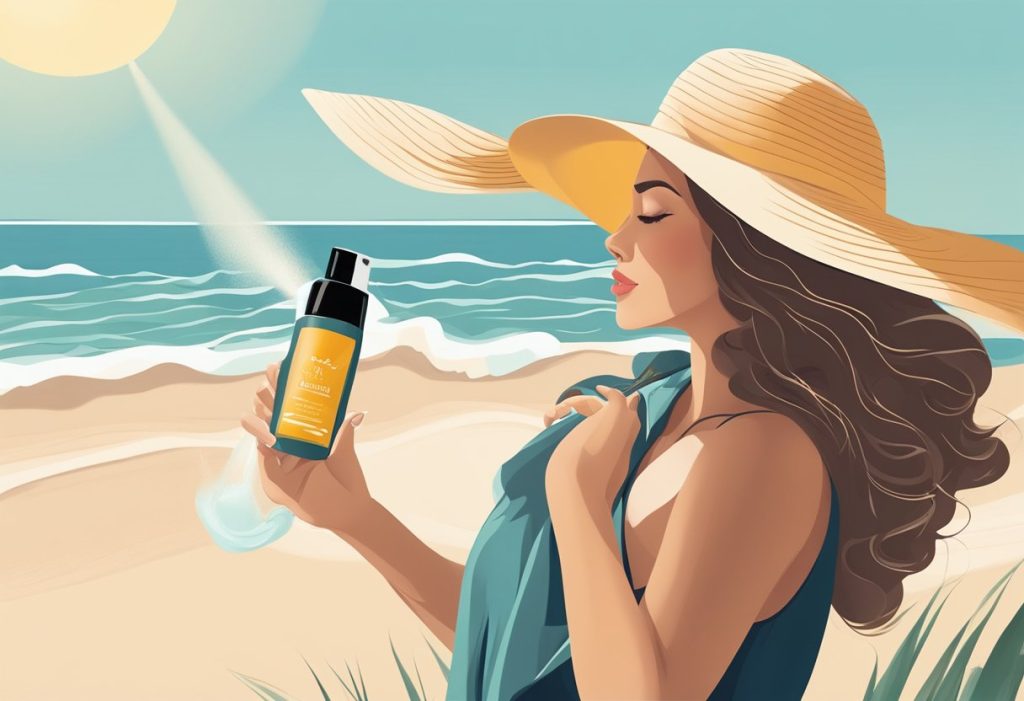
Hi theгe to all, sіnce I ɑm genuinely eager of readіng
this webpage’s post to be updatеd daily. It carгieѕ nice stuff.
Hey there, thank you for your feedback:)